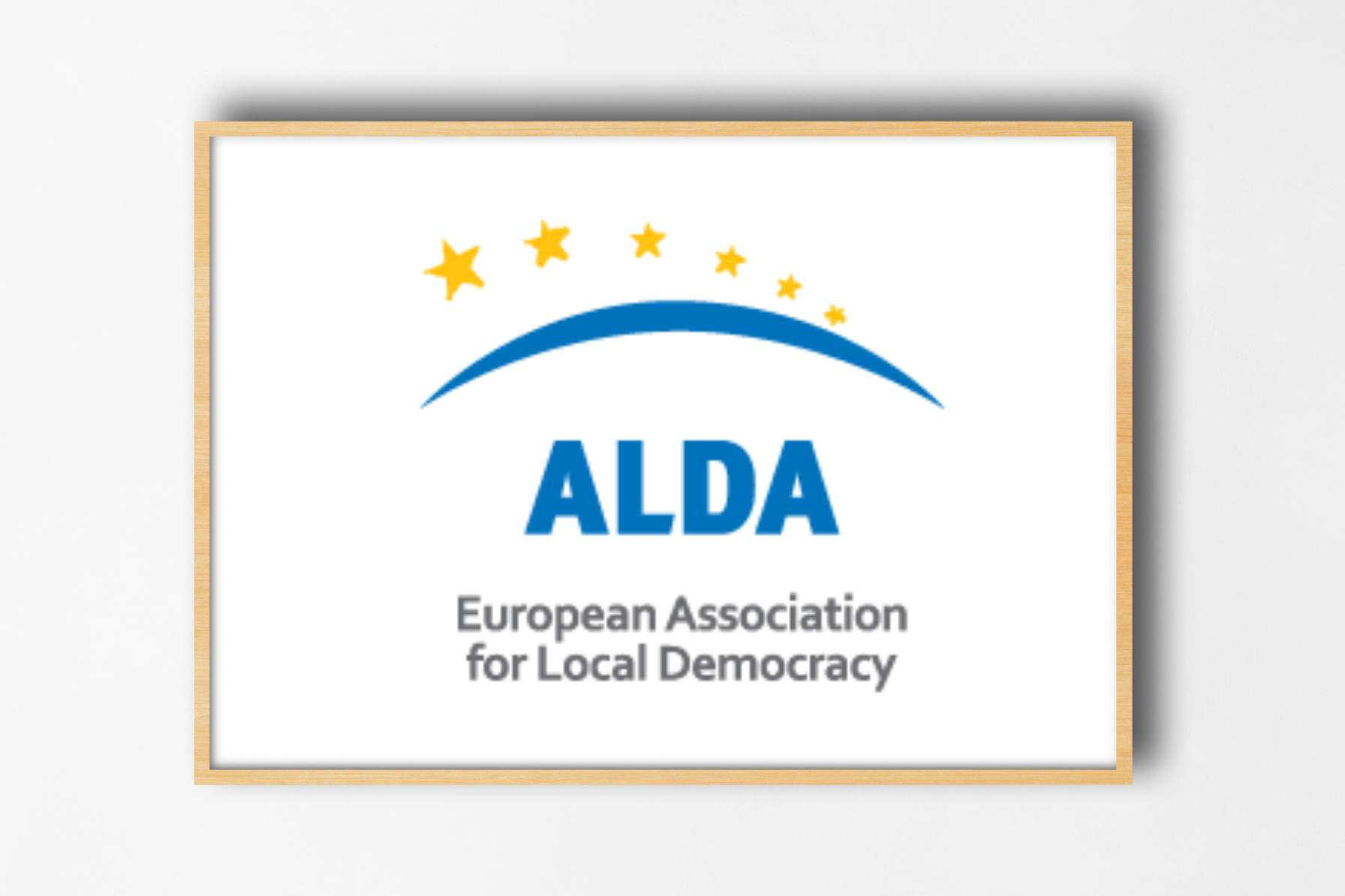By Stanka Parac
ALDA SEE Regional Programmes Coordinator
Tomislav Nikolic, leader of the nationalist Serbian Progress Party won the presidential election held on Sunday 20th May in Serbia. Many concerns have been raised about the future prospects for democratic reforms and EU integration of Serbia that has only recently been granted the candidate status.
Continuity of decade long reforms on the way to EU thus interrupted, while the shocking shift to the right wing nationalistic rhetoric from the recent history of the Balkans is just something that many would like to remain in the past.
Estimations say that only 30.000 votes would be enough to prevent such a turn of events in Serbia.
The 46% turnout and less than 3% difference between the winner – nationalist Serbian Progress Party candidate Tomislav Nikolic and the loser – Democratic party candidate Boris Tadic of the presidential election held yesterday in Serbia are the two key results of the election year in this Western Balkan country that has recently been granted the candidate status on its way to EU integration. The forthcoming weeks will show if the voters just punished the former government for failing to respond to economic crisis, the highest ever unemployment rate and widespread corruption, or the election results are more an indication of general fatigue from the promises of the EU integration perspective as an excuse for constant postponing of the key social and economic reforms in this country. Thus, a very risky move by Boris Tadic– to have an early presidential election – was proven wrong and with far reaching negative consequences for the democratic reform process and EU integration of Serbia. However, it is important to note that Boris Tadic won the majority vote in the multicultural region of Vojvodina, and lost in the capital city – Belgrade and in central and south Serbia.
As a result – the two biggest political parties that have won the majority of votes influenced the further polarisation in the society around the key strategic issues (with particular regard to EU integration and Kosovo issue), while the formation of the new government which should be operational in three months might last much longer. However, this situation is some sort of déjà vu for many citizens and tax-payers in Serbia, like a merry-go- round from which it is impossible to escape. They have expressed their views by the ballot that, if fully respected by the parties that have won the majority vote, promotes political compromise for further policy reforms as the possible response for meeting a long list of challenges ahead: economic and financial crisis, unemployment, brain drain, EU integration process, relations with Kosovo, corruption….
